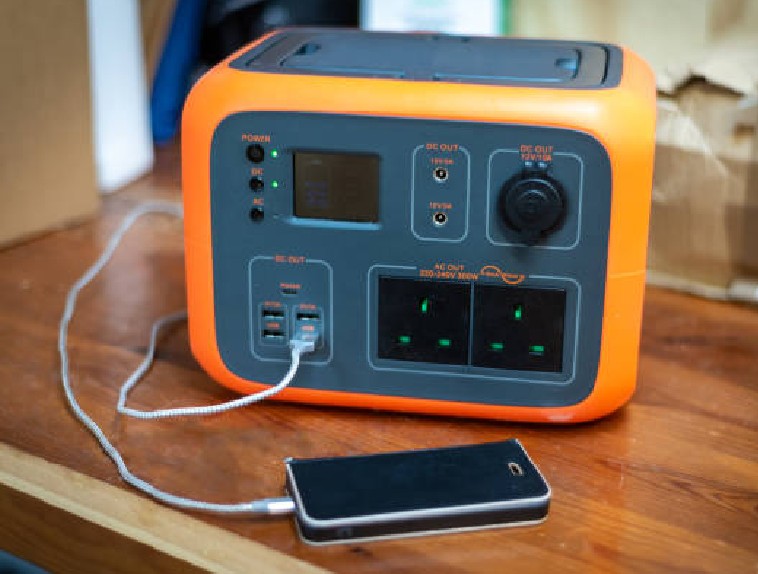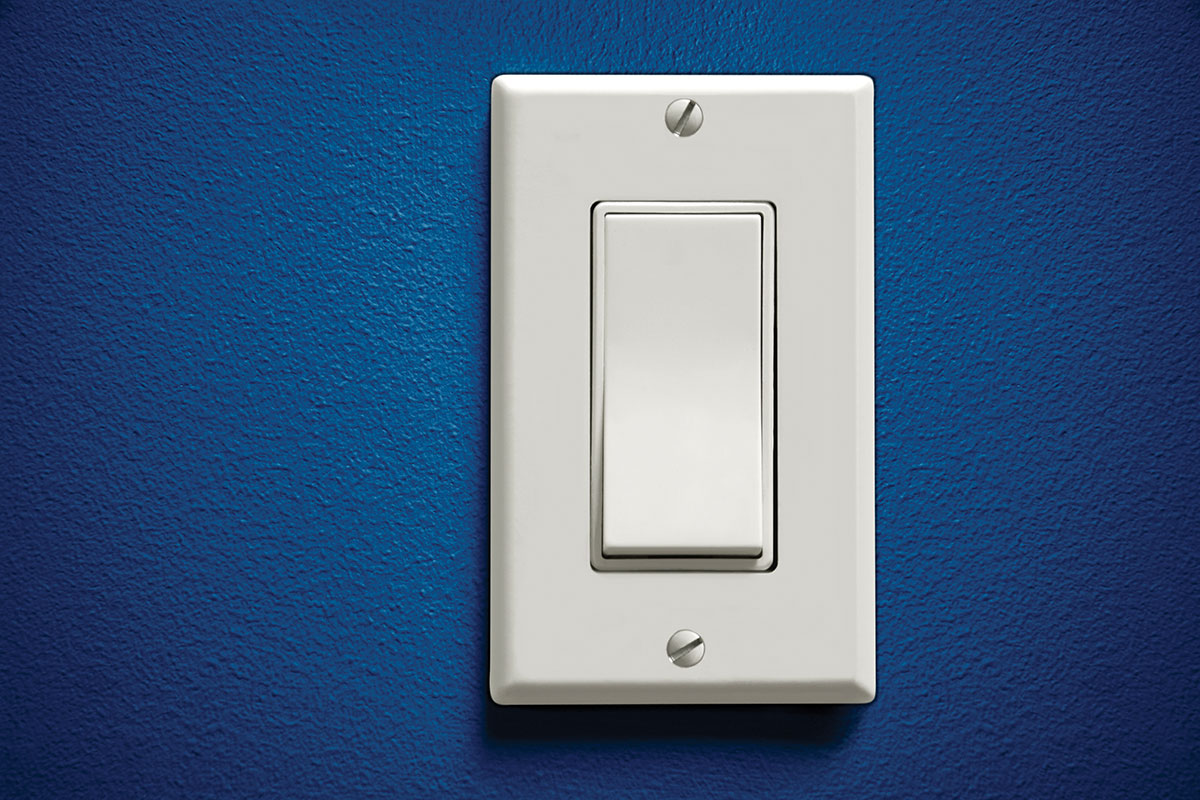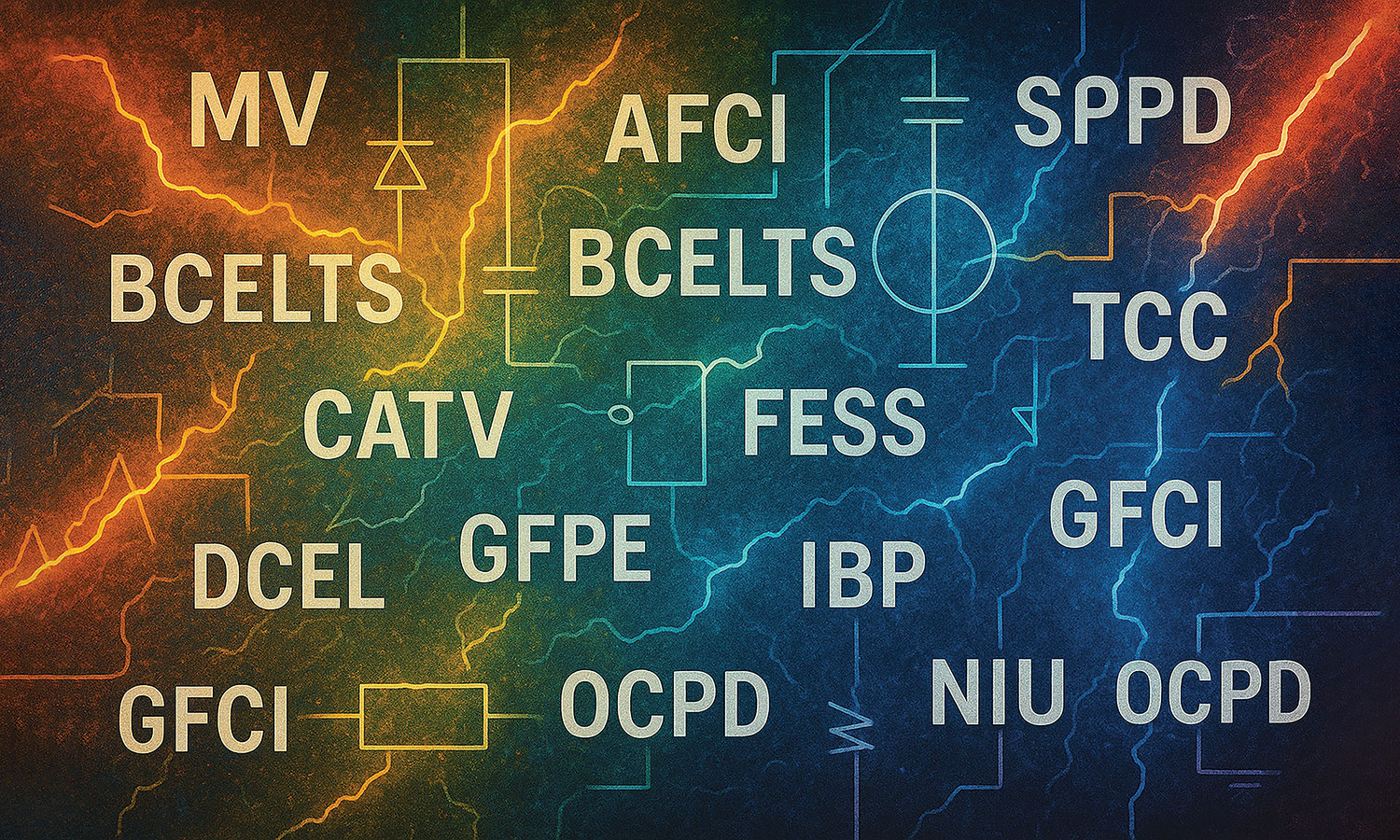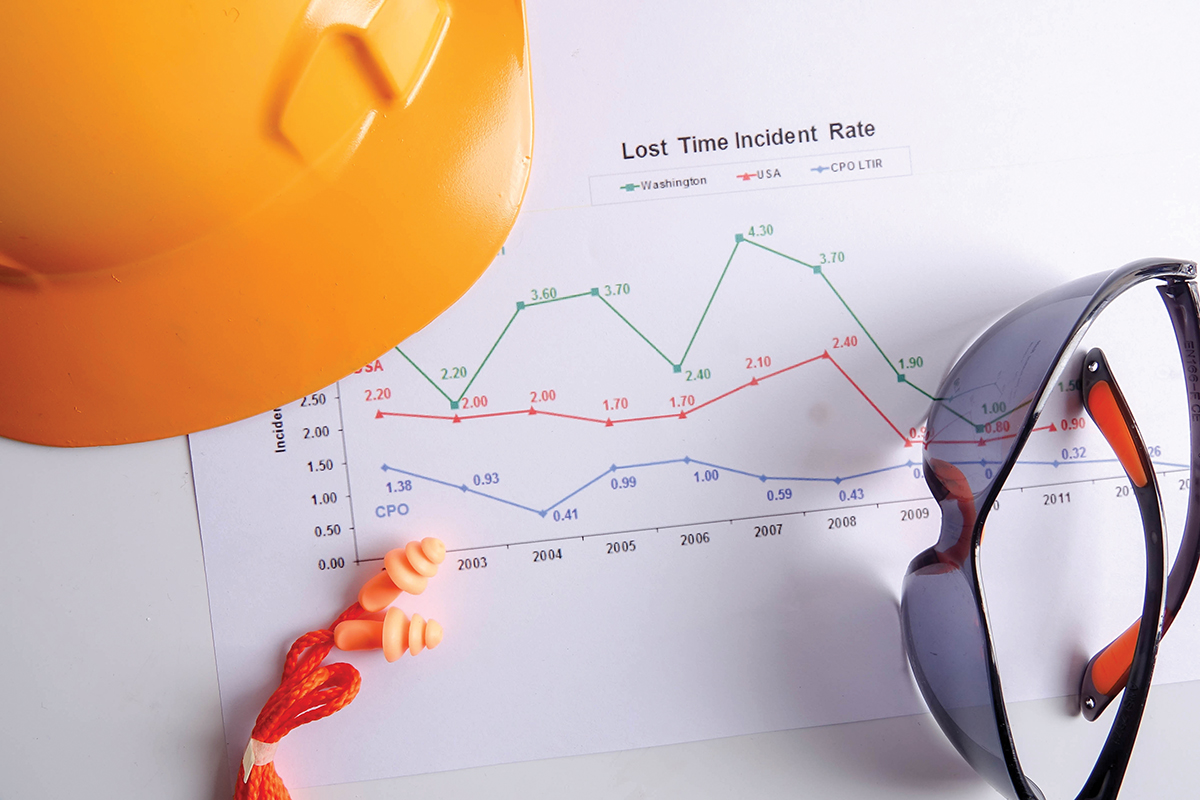May is National Electrical Safety Month, a time when an increased awareness is placed on electrical safety both in the workplace and at home. The use of electricity has changed and will continue to change our quality of life. We become aware on how much we rely on electricity when we experience a power outage. Technology has changed the way we use electricity today from the simple use of charging your mobile phone to the more complex system of charging your electric vehicle or producing your own electricity through a photovoltaic system. It is important that consumers and those that install and work on electrical systems are aware of the hazards and take steps to protect themselves and others.
On a recent flight from Dallas to New York I, like many, started to think about whether the flight would be delayed, or rerouted due to bad weather, or returned back to the gate due to mechanical problems, or worse, what could happen once in the air.
I have taken many flights over the years on many different airlines and, once seated, I hear the voice over the intercom from the flight attendant – “please fasten your seatbelt, seat in the upright position, electronic devices off or in airplane mode, location of exits, emergency lighting, and other safety procedures for the safety and comfort of those on board.” I look around and take notice how many are attentive to the safety announcement and those who are preoccupied talking, reading a book, or just not paying attention.
After taken numerous flights with no major issues, I must confess I sometimes tune out or dose off while the announcements are being made, only to wake up once in the air. I’m embarrassed to say I have slipped into a dangerous place; I’ve become complacent when it comes to safety.
Have you become complacent? When working on the job or at home, do you take shortcuts? Is your mind focused on the task at hand? Maybe it’s too much of a bother to run and get the proper tool for the job or too much of an inconvenience to shut the power off before working on live equipment. We have all done it — not thinking about the consequences of our actions — it will eventually affect not only you, but also your family, your coworkers, and your friends.
I have worked in construction as an electrician back in the 1970s and as an electrical inspector in the 1980s, times when safety didn’t seem to be a priority and there where few workplace safety regulations in place.
I look back at those days and think about how lucky I was – yes, lucky! I could have been severely injured or, worst, killed. I had some close calls: falling off ladders, shocks, can’t count the number of times I received cuts and bruises, even had a piece of metal removed from my eye because I wasn’t wearing safety glasses. Back then, employers and employees didn’t make safety a priority; it was perceived as interfering with getting the job done or as adding cost.
That was then. Now there is a different mentality when it comes to workplace safety. I recently read an article in the Norwalk Reflector whereby OSHA imposed penalties in the amount of $81,450 on a company for nine safety and health violations at their facility. Two violations of federal safety standards concerning electrical work were cited after maintenance employees worked on energized electrical equipment without proper training or personal protective equipment.
For those of us that have been around for a while, we witness a new emphasis and priority being placed on safety in the workplace. NFPA 70E and CSA Z-462 are just a few standards that have been developed to protect workers.
When it comes to safety, no matter at work or at play, we as individuals must take responsibility for our own health and welfare. When you see someone not wearing the proper safety equipment or doing something unsafe, do you stop them?
Before you start any task, do you evaluate the risk, ask yourself what could go wrong, and take measures to eliminate the potential hazard? They say every accident is preventable. Have you become complacent? Make safety a priority year round!
In this month’s edition, Electrical Safety Foundation International (ESFI) has written an article on tips for consumers to avoid counterfeit products. ESFI provides numerous resource materials to educate the consumer and to promote electrical safety which can be found on their website. IAEI supports ESFI’s mission dedicated to promoting electrical safety at home and in the workplace.














Find Us on Socials